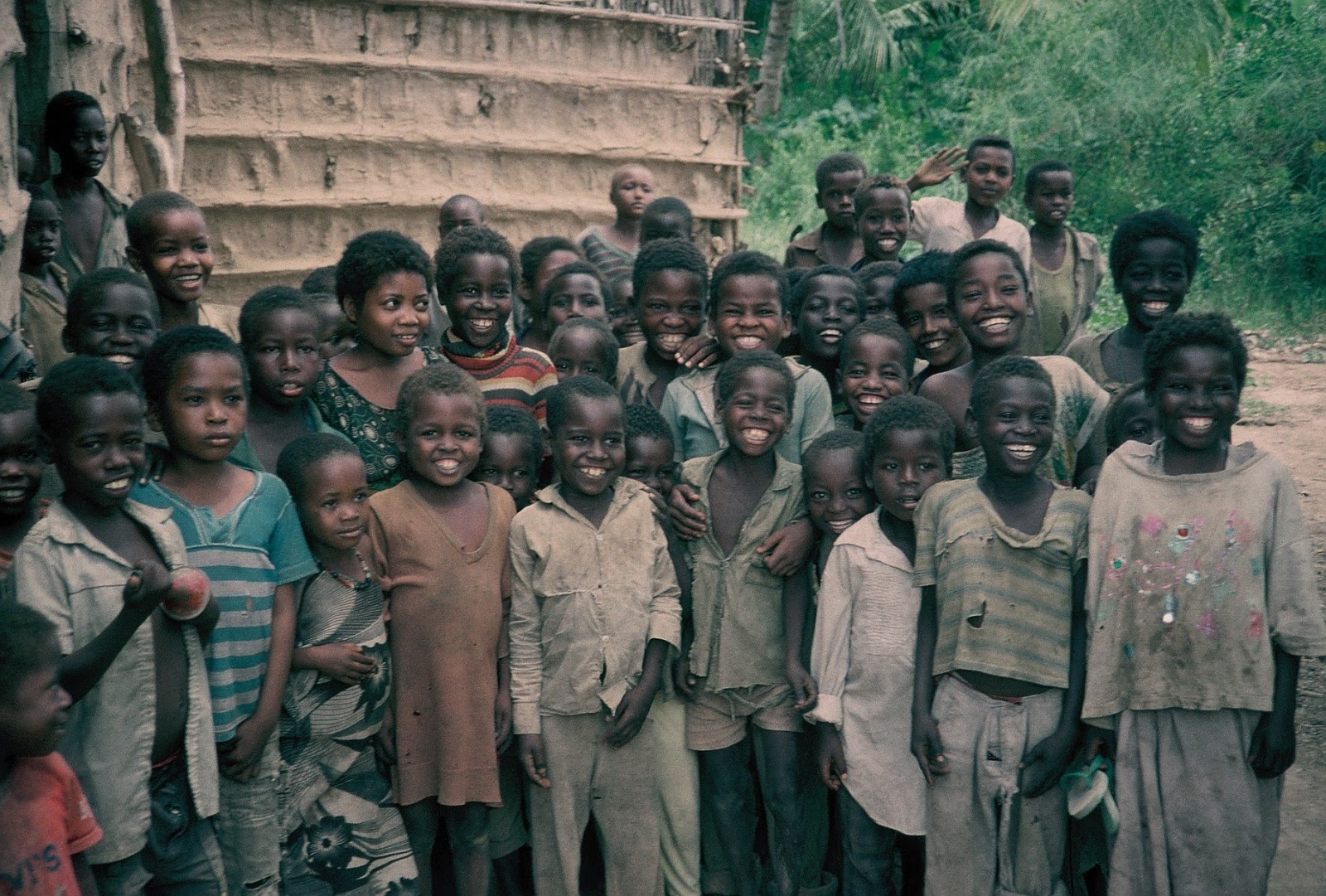After my
first camel safari the length of Somalia, I was hooked. There is only one thing better in life than
loading your camels in the pre dawn
darkness, with the embers of last nights blaze slowly dying away and another day
in the deserts of Africa and Asia to look forward to; and that is making the same journey by
the light of a full moon.
Camels are so much more than transport. They are perfectly adapted to semi arid environments; their soft padded feet suited to the fragile soils and their selective browsing quite unlike the devastation caused by overstocked herds of cattle and flocks of goats.
Camels are so much more than transport. They are perfectly adapted to semi arid environments; their soft padded feet suited to the fragile soils and their selective browsing quite unlike the devastation caused by overstocked herds of cattle and flocks of goats.
As for
personality, when you get to know them, each has its own character and temper,
and if mistreated they will remember and wait for that moment when you are all
on your own and no one is looking.
Camels are bred for a wide range of characteristics be it milk production, riding or pack camels. In the Middle East a good racing camel can be worth a small fortune. For me they are simply the best excuse to travel in and experience remote lands.
Camels are bred for a wide range of characteristics be it milk production, riding or pack camels. In the Middle East a good racing camel can be worth a small fortune. For me they are simply the best excuse to travel in and experience remote lands.














